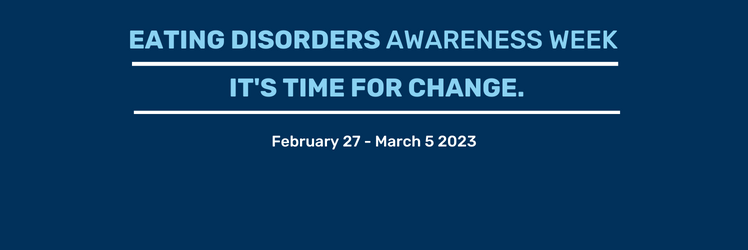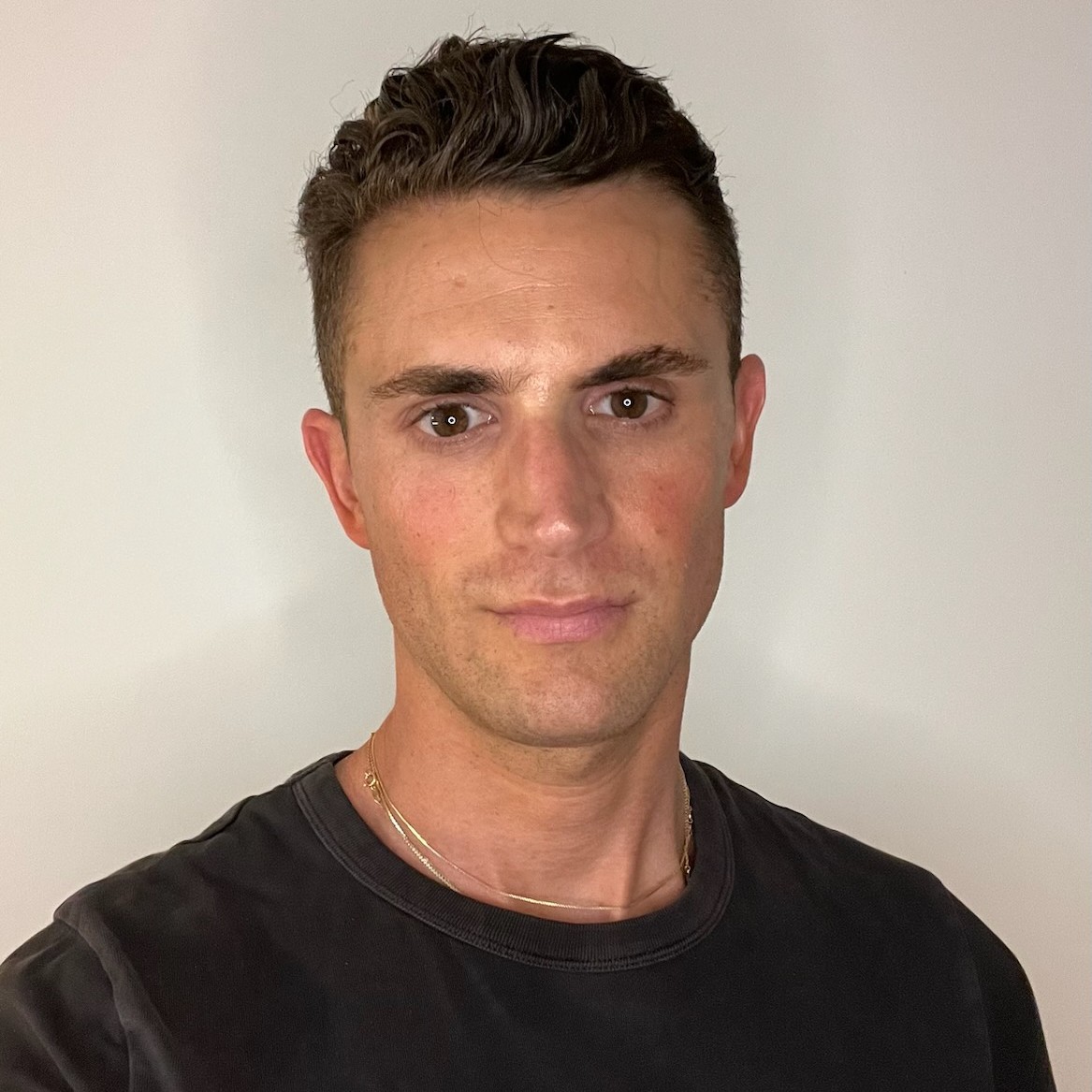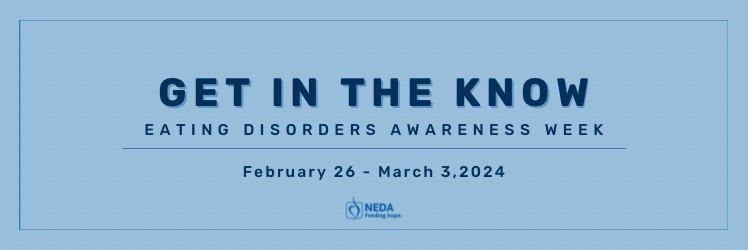Diversity, body positivity, and inclusion have become priorities for many of our favorite brands, and are major themes in messages from our admired celebrities and influencers, all in an effort to make people feel included with a sense of belonging. It’s amazing to see this sense of inclusion in many areas of society today, yet in the eating disorder community this feeling of belonging was not felt for me. There was a point in time where this community felt singular and unaccepting when I unwillingly joined that world.
When the pivotal point came in my eating disorder where I had to accept that I needed professional help, I assumed it would be a seamless process. When I had the flu, I would go to the doctor. When I was young and had asthma, I had a nebulizer and all the proper care to alleviate the symptoms. It seemed very black and white to me- I was sick, I would be taken care of. But that was not exactly the case when it was time for me to get treatment for my eating disorder. I was made to feel isolated and on my own.
Living in the Boston area I knew there were countless hospitals, institutions, and practices that I assumed would take me in without question. When I finally met with professionals face to face who would determine the treatment I needed, I was unaware that there were minimal choices for me, with few treatment options, and there really wasn’t much of a conversation to be had. Why the limited choices and treatment options? Because I am male.
Due to the severity of my condition at the time, I ‘qualified’ to be in a residential treatment facility, but there was no chance of that happening since all programs in the Boston area did not accept men. Men were simply not part of the eating disorder world, and especially not part of any care or treatment plans. After revealing my secrets and letting myself become vulnerable after years of hiding, I thought that treatment would welcome me with open arms. Instead, the beginning of my treatment felt like an unobtainable meal plan with unrelatable group members.
While I was admitted to out-patient programs, I was the only male patient, and accepting this at first was not easy. I felt like an outsider, like I did not belong there. Not once did I see myself represented, I would constantly ask myself if I belonged there, if I had the right to be there like everyone else. This new world of eating disorder treatment felt foreign to me and unrelatable. The posters on the wall, the scanned pages from psychiatry and self help books, the staff, were female only. The nutritionist, the social worker, the psychiatrist, the therapist; females. How could I not question if I belonged there? This was the perfect catalyst for my eating disorder to sneak back in, for me to disregard what all these women were saying, and cave to a familiar, comforting voice of my eating disorder. It is not that these professionals were not helpful, but rather I could not see myself represented in this community for me to believe that recovery for a person like me was attainable.
With patience and time, I came to realize that much of the issues around body image, self worth, and behaviors and concerns around food that others experienced in the treatment groups were all similar and not so different after all. Regardless of our differences, we were all seeking help and working towards recovery.
Eating disorders do not discriminate against sex, race, or age, but at the time I needed it, treatment certainly did. Regardless of the lack of representation and diversity throughout the stages of treatment, it was apparent that I would need to stay on the path to recovery no matter what.
Fast forward to the present day, we see that mental well being is much more inclusive, and organizations promote that their services are for all. We see more diversity and inclusion in facilities and organizations for people suffering with all sorts of mental and physical disabilities. I am thrilled to see that all types of people are more included in eating disorder treatment and recovery, and I hope it gives other people hope that recovery is possible. I hope this remains true, and anyone who needs help, especially with an eating disorder, is not turned away.
Ethan is proud to continue to share his experiences and journey navigating recovery with his eating disorder. He hopes that he can raise awareness and emphasize that eating disorders do not discriminate against sex, age, or background. Ethan resides in Brooklyn, NY, and works in the beauty industry.






